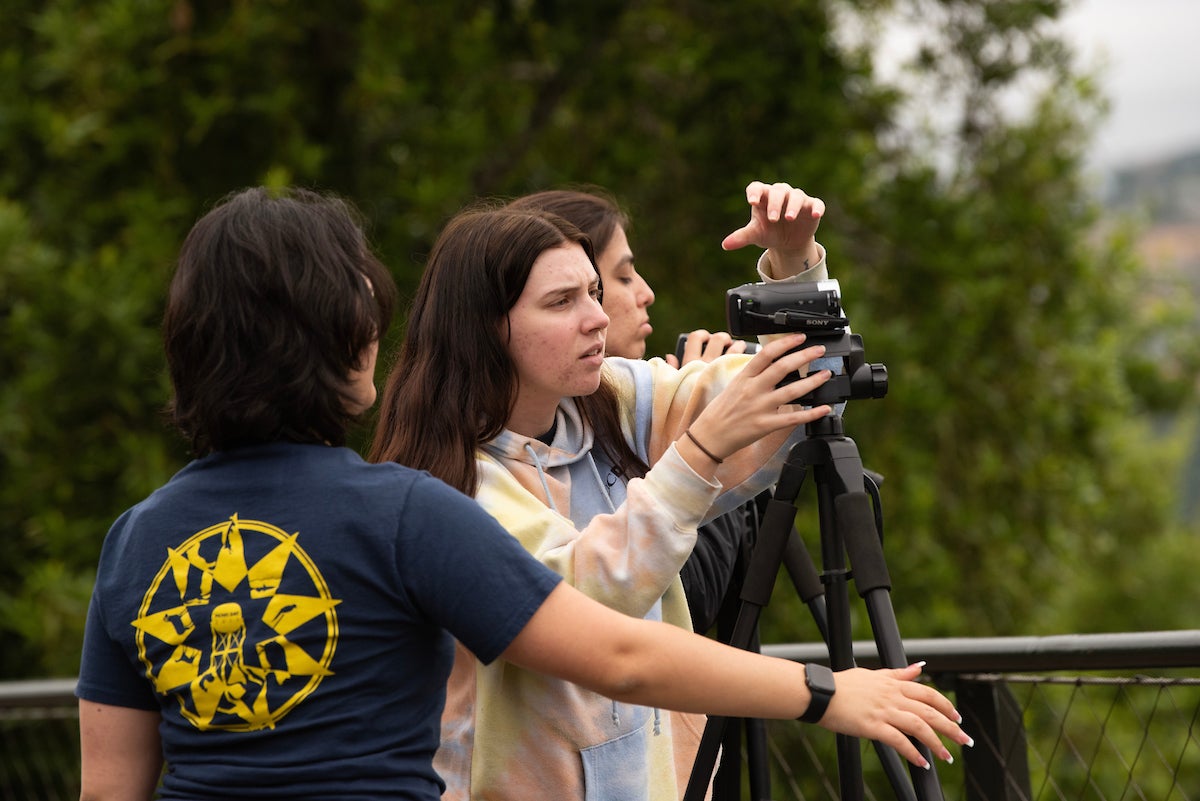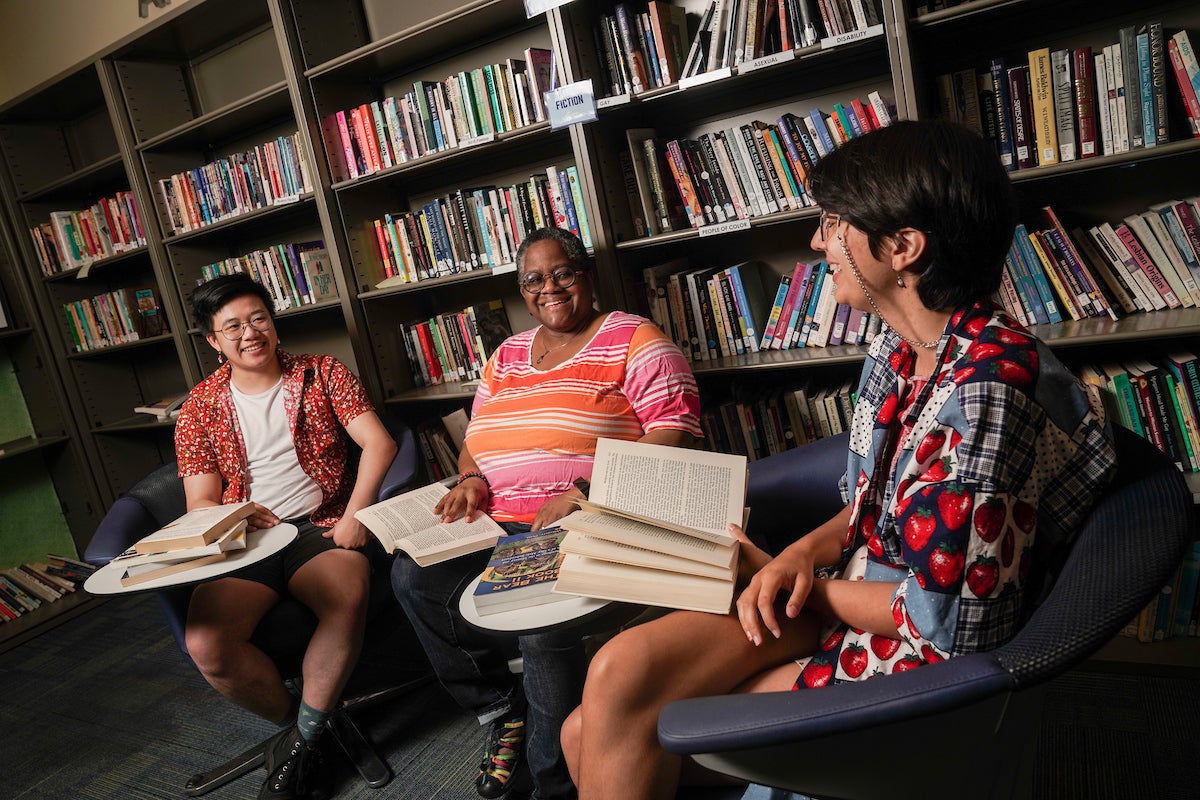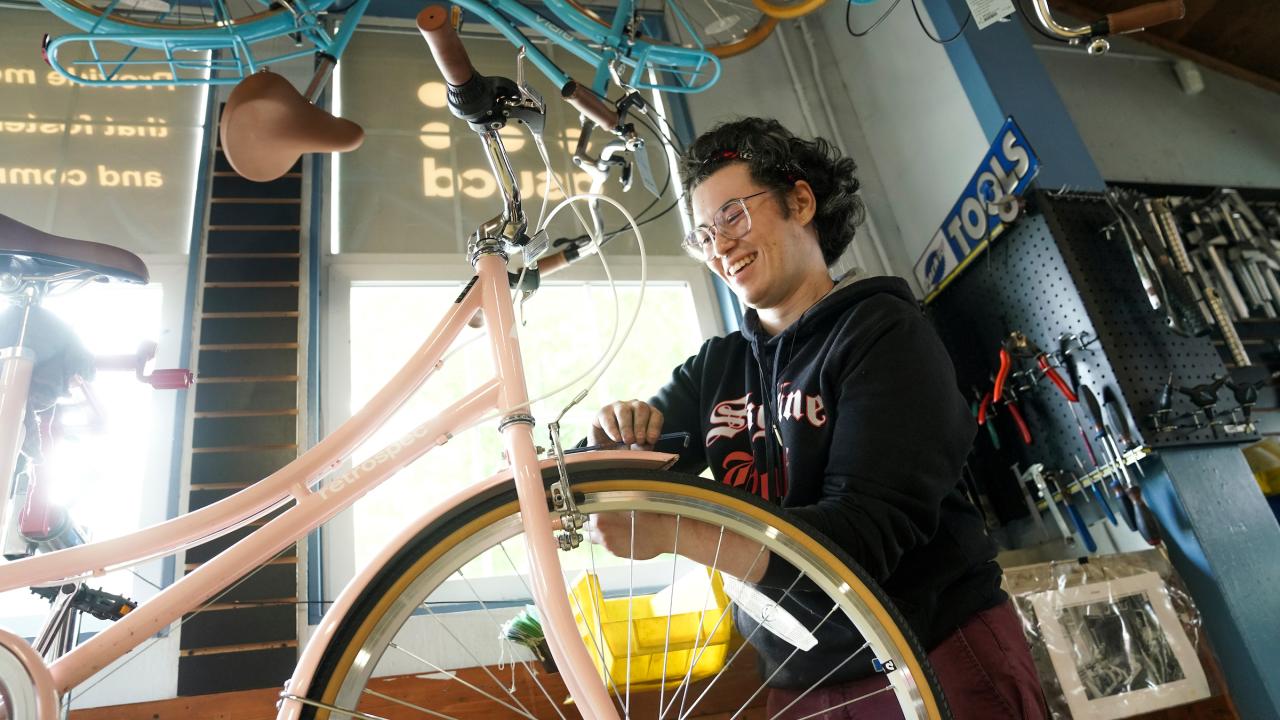Choosing a college major is an important decision that can shape your academic journey and future career. It's a choice that deserves careful consideration and thorough understanding. With countless options available, it can be overwhelming to navigate through the sea of possibilities. It is natural to feel a mix of excitement and uncertainty. But fear not! This article is here to provide you with valuable insights and practical advice to help you navigate the process of declaring a major with confidence.
Whether you are a high school graduate or a college student, you can approach this decision with confidence and clarity with the right information. I should know. I experienced great amounts of confusion when I switched my major from biochemistry to communication and added design as a second major. I had changed my life plan completely. It was a challenging decision, but I found relief with the help of great resources on campus. I talked to advisors, graduate students, professors and current professionals in the field to help make the best and most informed decision.
Here are four things you should consider when choosing a major:
1. Discover your passions and interests before choosing a major

Start by learning your interests and how they align with different academic disciplines. Before declaring a major, take the time to explore your passions and interests. What subjects or activities excite you the most? Reflect on what motivates and energizes you. Consider your strengths and what you genuinely enjoy learning. By understanding your passions, you can align them with potential majors that offer a fulfilling academic experience.
Consider what you are truly passionate about because you're committing to four years of learning in that area. Use intro classes to explore what might interest you. But remember that these classes simply build a foundation. The upper level classes might have more interesting topics, so don’t get discouraged if you don’t fully connect with the material at first.
2. Explore your choices of majors

UC Davis offers several resources that can assist you with exploring your interests:
- Workshops: The Internship and Career Center offers workshops year round to help you navigate the decision-making process. The undeclared advising office conducts similar workshops as well.
- Major Card Sort: This tool provides you with a series of questions on subjects you enjoy, somewhat like, and dislike. Then it provides you with a list of majors for each category based on how you answer the questions.
- Major Exploration Tool: Similar to the Major Card Sort, this guides you through different interests and possible careers in different fields and allows you to explore your choices.
- Advisors and faculty: Advisors in the different colleges can help dispel some of your questions about a major. This way, you can make a more informed decision.
- Counseling services: Student health offers a program that can dive deeper and identify your personal goals and needs in an individual or group setting.
- Faculty: The best way to know what you will learn is to talk with those who teach it. Professors and even teaching assistants can provide you with unique and valuable advice regarding a field of study. Don’t be afraid to stay after class and ask questions!
3. Remain open to new opportunities — related and unrelated to your major

Keep in mind that declaring a major doesn't mean your path is set in stone. It's normal to feel uncertain, and it's okay to explore different subjects before making a final decision. Stay open to new opportunities and be willing to adapt if you discover new interests along the way.
“A major is a pathway into your future career but it does not have to restrict you in terms of opportunities,” said Wendy Haws, academic advisor for the Undeclared Program. “Employers are not looking necessarily for a specific undergraduate major, they are looking for transferable skills and learning experiences you can bring to the workplace.”
College is a time of growth and self-discovery, so embrace the chance to explore different fields and be open to changing your major if necessary.
4. You are not alone in the struggle to choose a major

When I was considering changing my major, I was worried about the stigma of changing my mind. I was surrounded by STEM majors and the pressures associated with success. Switching from the pre-med track to communication and design seemed like a dramatic shift and a bad choice. But, after talking to advisors and faculty, I felt more assured in my decision. And I felt less alone. One in 10 college students change their major at least once, according to the Department of Education. No matter how daunting changing your major feels, remember that it is an exceedingly common experience to be confused about your path in college.
Students share advice on declaring a major
Alexa Carter
Alexa is a fourth year pursuing a bachelor's degree in communication and a minor in professional writing. Alexa originally started at UC Davis as a biochemistry major but switched to communication after concluding that it was a better fit for her.
My advice to students who are confused about choosing a major is to take lower division courses in a major or majors that interest you as an alternative. Lower division coursework can give you a pretty good idea at what the major is about. Also look at the upper division courses and requirements and see if they interest you. You definitely don’t want to be dreading your last few quarters in college.
Boao Zhang
Boao is a Student Ambassador for the College of Letters and Science and joined UC Davis as an English major but eventually shifted to double majoring in philosophy and classical civilizations
Actively explore different majors. Don’t passively reject the possibility of entering any majors, keep an open mindset. Don’t make a choice too hastily, but also don’t delay till the very end when you suddenly discover you don’t have enough time to do what has to be done and make rushed decisions as a result.
Audrey Bluestone
Audrey is a second year Neurobiology, Physiology and Behavior Major working in the Tian Lab on campus to explore a future in grad school/research.
Think about the classes you do well in naturally and/or enjoy putting the time in for. Consider choosing a major in that area. You should choose something you're going to enjoy learning about. That doesn’t mean it’s going to be easy. No major is "easy," so you're best choosing something you are intrinsically passionate about.
Ultimately, choosing a major is a personal decision that should align with your interests, goals, and aspirations. Take the time to reflect, gather information, and trust your instincts. Embrace the journey of self-discovery and remember that your college years are an opportunity for growth and exploration.
